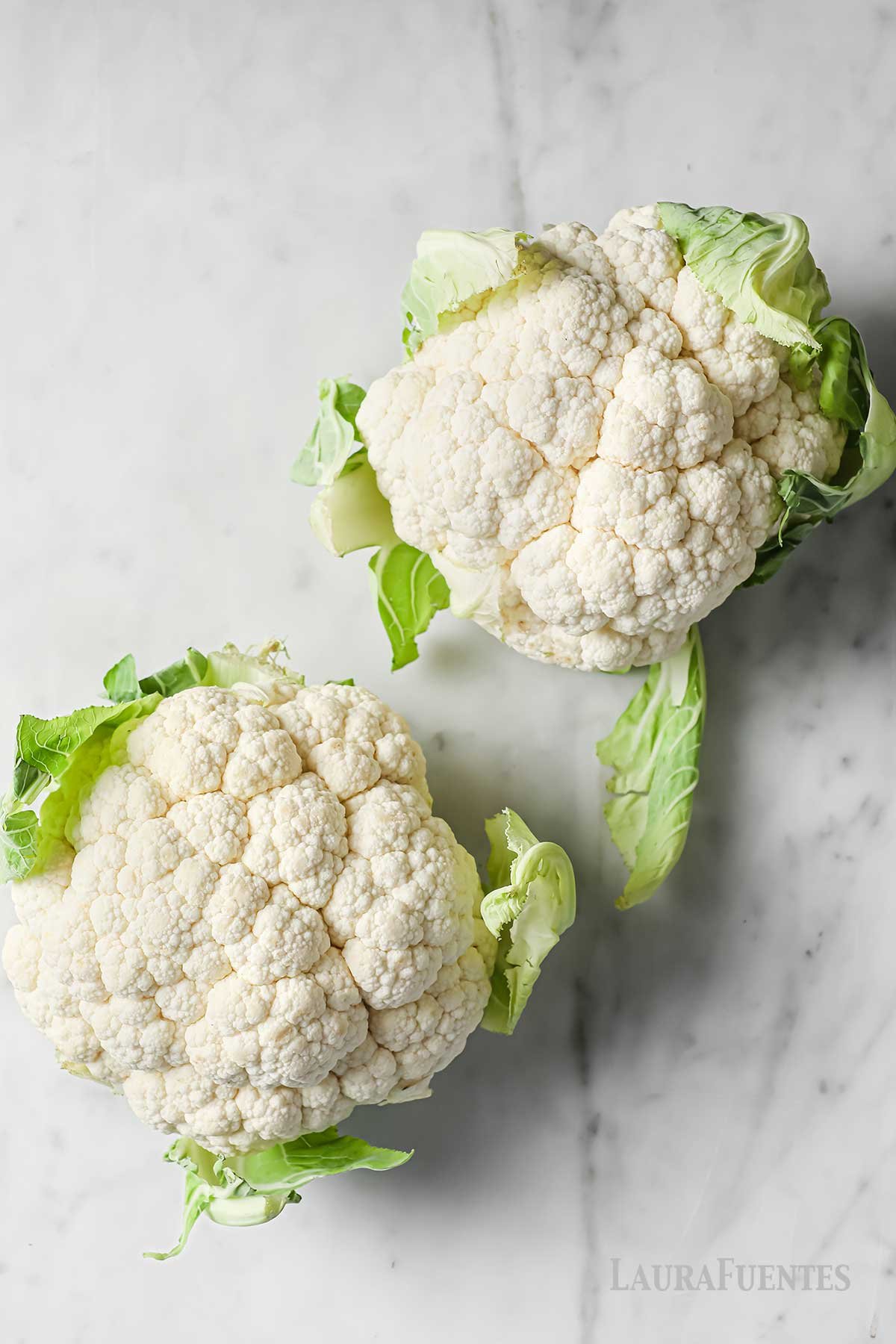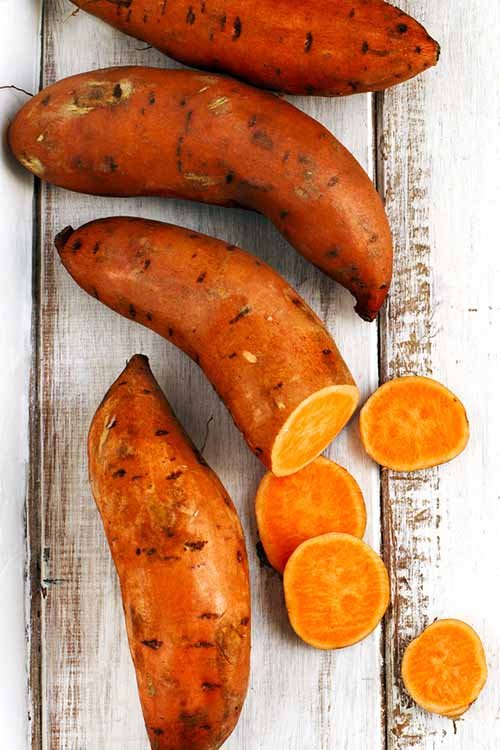Vitamin H
Vitamin H, also known as biotin, is a crucial water-soluble B-vitamin that plays a vital role in promoting healthy skin, hair, and nails. It supports metabolic processes, aiding in the conversion of food into energy. Additionally, it contributes to the maintenance of a balanced nervous system and overall well-being.
About Vitamin H
Vitamin H, also known as Biotin, is a fundamental nutrient that plays a pivotal role in enhancing our outer radiance and inner vitality. This water-soluble B-vitamin is celebrated for its remarkable influence on skin, hair, and nails. Biotin is a cornerstone in the world of beauty and wellness, hailed for its transformative effects on our physical appearance.
Metabolic Powerhouse
Beyond its cosmetic benefits, Vitamin H is an essential player in metabolic processes. It serves as a coenzyme in crucial enzymatic reactions responsible for converting food into energy. This makes it a key component in maintaining a dynamic and efficient metabolic system, ensuring that our bodies function optimally.
Nervous System Support
Moreover, Vitamin H supports the maintenance of a well-balanced nervous system. It aids in the synthesis of neurotransmitters, promoting cognitive function and mental well-being. The influence of this unsung hero of nutrition extends far beyond the surface, making it an indispensable part of our overall health and vitality.
Health Benefits of Vitamin H
Promotes Healthy Skin
Vitamin H is crucial for maintaining healthy skin, as it plays a vital role in fatty acid synthesis. This helps to keep the skin moist and supple, preventing issues like dryness, flakiness, and irritation.
Strengthens Hair and Nails
Biotin is often hailed as the “beauty vitamin” due to its positive effects on hair and nails. It enhances hair strength, texture, and growth, while also reducing the risk of brittle nails and hair loss.
Aids in Metabolism
Vitamin H is a coenzyme in several metabolic reactions that convert carbohydrates, fats, and proteins into energy. This makes it essential for maintaining a healthy metabolism and ensuring efficient utilization of nutrients.
Supports Nervous System Function
Biotin plays a critical role in the synthesis of neurotransmitters that facilitate communication within the nervous system. This contributes to cognitive function, mood regulation, and overall mental well-being.
Regulates Blood Sugar Levels
Some studies suggest that Vitamin H may help improve glucose metabolism and regulate blood sugar levels. This is particularly important for individuals with diabetes or insulin resistance.
Facilitates Nutrient Absorption
Biotin aids in the absorption of other B-vitamins, such as folate and pantothenic acid, which are essential for various bodily functions including DNA synthesis and red blood cell formation.
Supports Pregnancy and Breastfeeding
Adequate levels of Vitamin H are crucial during pregnancy and breastfeeding. It helps promote healthy fetal development and supports the health of both the mother and child.
Maintains Cardiovascular Health
Biotin may play a role in supporting cardiovascular health by contributing to the proper metabolism of cholesterol and fats. This can help reduce the risk of heart-related issues.
May Assist in Multiple Sclerosis Treatment
Some studies suggest that Biotin supplementation may have a positive impact on individuals with Multiple Sclerosis (MS). It may help improve symptoms and overall quality of life.
Perils of Deficient Vitamin H Intake
Skin Problems
One of the most noticeable effects of a Biotin deficiency is skin-related issues. It can lead to dry, scaly skin, and may also result in conditions like dermatitis and eczema.
Hair and Nail Disorders
Inadequate levels of Vitamin H can lead to brittle nails and hair, as well as hair loss or thinning. This can significantly impact one’s appearance and confidence.
Neurological Symptoms
Although rare, severe Biotin deficiency can lead to neurological symptoms, including lethargy, depression, hallucinations, and numbness or tingling in the extremities.
Muscle Weakness and Cramps
Deficient levels of Vitamin H may lead to muscle weakness and, in some cases, muscle cramps or spasms.
Metabolic Imbalances
Biotin plays a critical role in metabolic processes, especially in the breakdown of carbohydrates, fats, and proteins. A deficiency can disrupt these processes, potentially leading to weight gain or loss, fatigue, and other metabolic issues.
Impaired Immune Function
Vitamin H is important for a healthy immune system. A deficiency can weaken the body’s ability to fight off infections and illnesses.
Digestive Issues
Some individuals with a severe Biotin deficiency may experience digestive problems, including nausea, loss of appetite, and abdominal discomfort.
Cognitive Impairment
While uncommon, severe Biotin deficiency can lead to cognitive impairments such as confusion, memory problems, and difficulty concentrating.
Developmental Issues in Infants
In infants, a deficiency in Vitamin H can lead to developmental delays, including delayed speech and motor skills.
Pregnancy Complications
Pregnant women with a Biotin deficiency may be at risk of giving birth to infants with birth defects, although this is a rare occurrence.

Sources of Vitamin H
- Egg yolk
- Organ Meats and Lean meats
- Nuts and Seeds
- Fish and Seafood
- Dairy Products
- Fruits and Vegetables
- Legumes
- Mushrooms
- Whole Grains
Vitamin H Rich Foods
Egg yolk, beef, pork, chicken, almonds, peanuts, walnuts , salmon, sardines, tuna, milk, cheese, yogurt, sweet potatoes, cauliflower, spinach, broccoli, soybeans, chickpeas, lentils, shiitake and white button mushrooms, avocado, wheat germ, whole wheat bread, and whole grain cereals.






Frequently Asked Questions About Vitamin H
Welcome to our Vitamin H FAQs section, where we address common questions and provide you with accurate information to help you better understand this essential nutrient.
Vitamin H, also known as Biotin, is a water-soluble B-vitamin that plays a crucial role in various bodily functions. It is essential for healthy skin, hair, and nails, as well as metabolic processes.
Vitamin H offers a range of health benefits, including promoting healthy skin, hair, and nails, supporting metabolic processes, aiding in nervous system function, and potentially regulating blood sugar levels.
Foods high in biotin include egg yolks, organ meats (especially liver and kidney), nuts, seeds, fish, meat, dairy products, vegetables, legumes, mushrooms, whole grains, and some fruits like avocados.
In most cases, a balanced diet provides sufficient biotin. However, certain factors like genetic conditions or prolonged use of antibiotics can increase the risk of deficiency. In such cases, a supplement may be recommended under the guidance of a healthcare professional.
Symptoms of biotin deficiency may include dry skin, brittle nails, hair loss, neurological symptoms like fatigue and depression, muscle weakness, and digestive issues.
Biotin is often associated with promoting hair growth and improving hair health. While it can help address deficiencies that lead to hair issues, it’s important to note that excessive biotin supplementation beyond recommended levels does not necessarily result in faster hair growth.
Yes, biotin is essential for maintaining healthy skin. It supports fatty acid synthesis, which keeps the skin moisturized and helps prevent issues like dryness and irritation.
Biotin is generally considered safe, even in higher doses. However, very high doses (much higher than the recommended daily allowance) should be avoided, as they can lead to potential side effects.
Biotin supplements can interfere with certain lab tests, so it’s important to inform your healthcare provider if you’re taking biotin. Additionally, consult a healthcare professional before starting any new supplement, especially if you have existing medical conditions or are taking medications.
Biotin is generally considered safe for pregnant and breastfeeding women when taken in recommended amounts through a balanced diet. However, it’s important to consult with a healthcare professional for personalized advice.
Remember, the information provided here is for general knowledge. For personalized advice or concerns about your health, it’s always best to consult a healthcare professional.
Salute the silent powerhouse of nutrition – Vitamin H. From hair’s vibrant sheen to skin’s healthy gleam, Vitamin H makes your beauty a dream.
